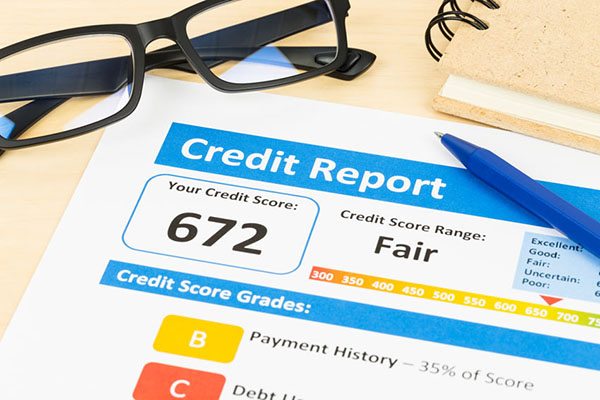Credit Score – What is It and How to Improve
Your credit score can be the deciding factor in being denied or approved for loans and credit, as well as a high or low-interest rate. Good scores can help you qualify for rebates, the best interest rates, premium credit cards, and loans (e.g. Housing loans), and may even get you add-ons (e.g. Utility connections) without a deposit.
An individual’s credit score consists of a three-digit number that is generated by an algorithm that takes into account various categories of information in your credit report. A credit score is designed in order to predict the credit risk of an individual – the likelihood of him or her becoming negligent in his or her credit obligations. Although there are multitudes of credit scoring systems in existence, the FICO credit score is the main system being used. According to myFICO, the FICO scoring system is used in more than 90% of lending decisions by financial institutions in the U.S. FICO scores range from 300-850; the higher the number, the lower the indicated risk and better the credit health of the individual.
A credit score is comprised of data from five major categories, and some are weighted more heavily than others.
Your payment history makes up 35% of your credit score, and it refers to your account payment information, including any negligence (if and how promptly you have been paying your bills) and public records.
The outstanding debt amounts you owe make up 30% of your credit score, and it is composed of how much you owe on your accounts and loans. The amount of available credit that you are using on revolving accounts is heavily weighted.
Credit account history accounts for 15% of your credit score, and it shows how long it has been since you opened your account(s) and the time since account activity. The longer you have established credit the better, as it provides more information about your credit history.
The types of credit you use the account for 10% of your credit score – the more experience you are shown to have different credit types the better.
Lastly, new credit accounts for the final 10% of your credit score, and it takes into consideration your pursuit of new credit, the number of credit inquiries you have on your credit file, and the number of recently opened accounts.
If you are worried about the value of your credit score, there are several things you can do to boost your score. First, correct all possible errors on your credit report (you should be able to request a copy for free). Errors can include spotting accounts that do not belong to you or paid accounts that still show an outstanding balance. Check that amounts owed are stated with the right amounts, and if you find any errors, report them to the credit bureau and the reporting agency. Second, start building a solid payment history. Make sure that late payments do not show on your credit report – pay off past due accounts and continue paying your bills consistently whenever they are due. Setting up an automatic bill payment system may greatly help in keeping payments on track. Third, lower your debt ratio. Keep your credit card balances low and pay off existing balances. If you carry a large balance on one credit card and have another card that you do not or rarely use, consider transferring some of the credit onto the other card to even the percentages out. Fourth, keep long-standing credit accounts open as closing old accounts decreases the length of your credit history. If you have to close accounts, keep the oldest one open as long as the balance is paid off. Fifth, limit hard credit inquiries as these deduct from your credit score. Hard credit inquiries occur when you authorize a company to review your credit report.
As credit scores are mainly based on information reported and collected within the past two years, changes made may not reflect immediately on your credit score. If you just continue paying your bills on time over a period of 6-9 months, a difference should be visible in your score.
